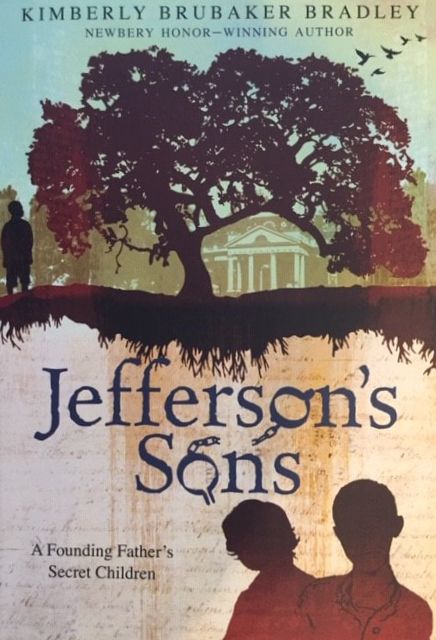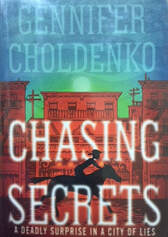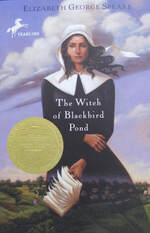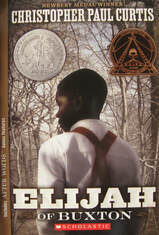Jefferson's Sons
|
|
|
Book Summary:
Beverly is seven years old when his father, Thomas Jefferson, is President of the United States. They don't live in the same house even when Jefferson is home, though - Beverly lives in a small cabin with his mother and siblings, and they aren't allowed to call him Papa. Maddy - named for James Madison - is Beverly's younger brother, and as he gets older he understands that while his older siblings will be able to pass for free white people, his own skin is too dark. What might that mean for his chances for freedom after Jefferson dies? How can a man celebrated for his commitment to freedom and independence be a slave owner? Book Review: This is an accessible examination of the cruelty of slavery, with an emphasis on the injustice without gratuitous focus on violence. Themes are mature, including the separation of families, physical abuse, and references to adult relationships resulting in children, yet the questions posed in the book are important to bring into the light in discussions about American history. The many characters in this book are clearly distinct and developed, although the book spans many years. It opens with Beverly at age seven, and picks up a new thread when Maddy is seven, and skips their youngest brother, Eston, in favor of a younger friend of the family; the narrative belongs to Peter for the remainder of the story. Each has different strengths and desires, and each views Jefferson differently, even though they are each conflicted about him. Through their eyes, readers can also understand the perspectives of characters like Sally Hemings, who traveled to France with Jefferson and knew relative freedom as a young woman. Although the book is carefully researched, it is a work of historical fiction, with a number of invented details and personality traits. Bradley depicts not just the cruelty of enslavement, but the thoughtless spending on trifles for Jefferson's guests and households, which left insufficient food and clothing for the enslaved people forced to work for him, and ultimately led to the separation of families when human beings were sold to satisfy Jefferson's debts. This book shares several characteristics with The War That Saved My Life, including an unflinching report of ugly facts, and an examination of how children with unsuitable parents reconcile themselves to a better future, as best they can. "I don't think of him as Papa," Maddy said. "That word never comes to my head." |
If you like this book, you may also like . . .











